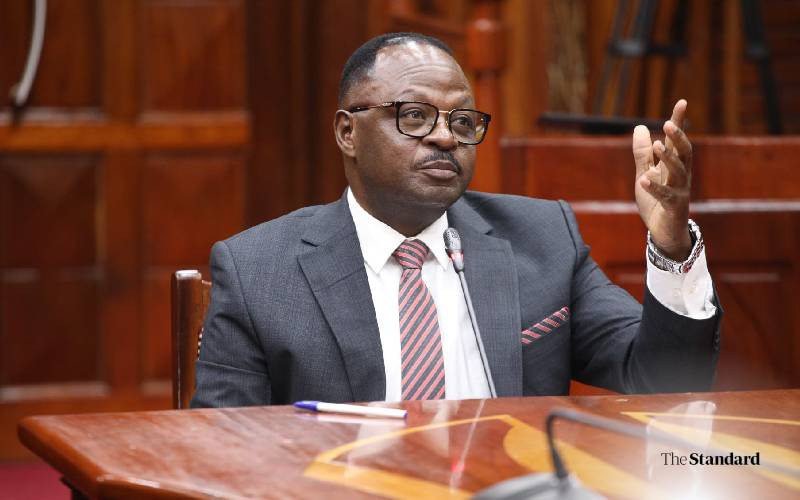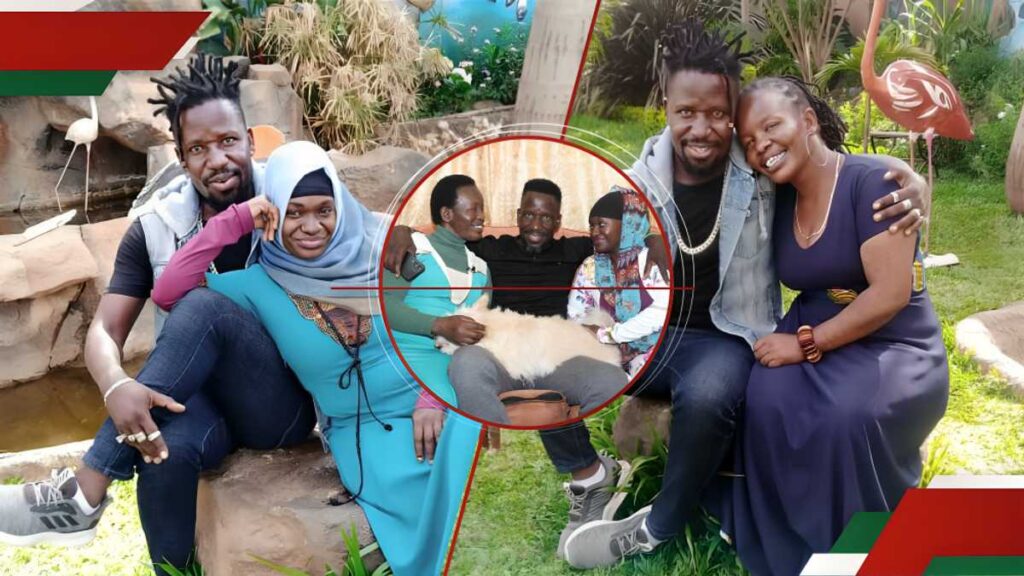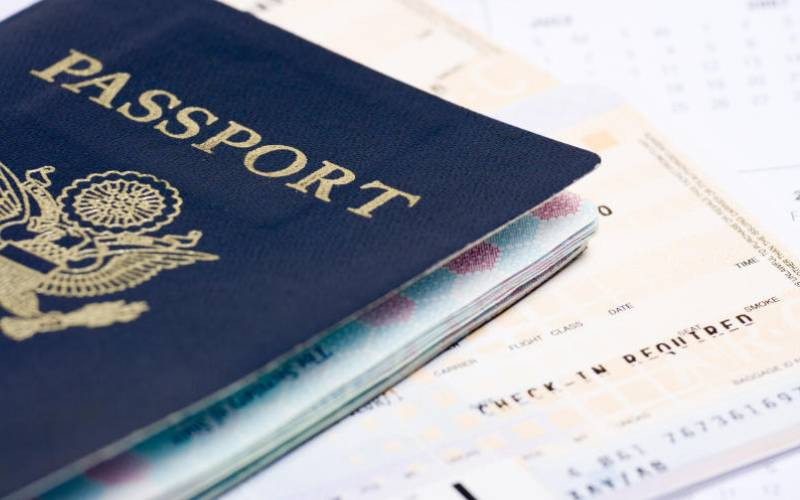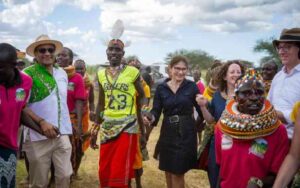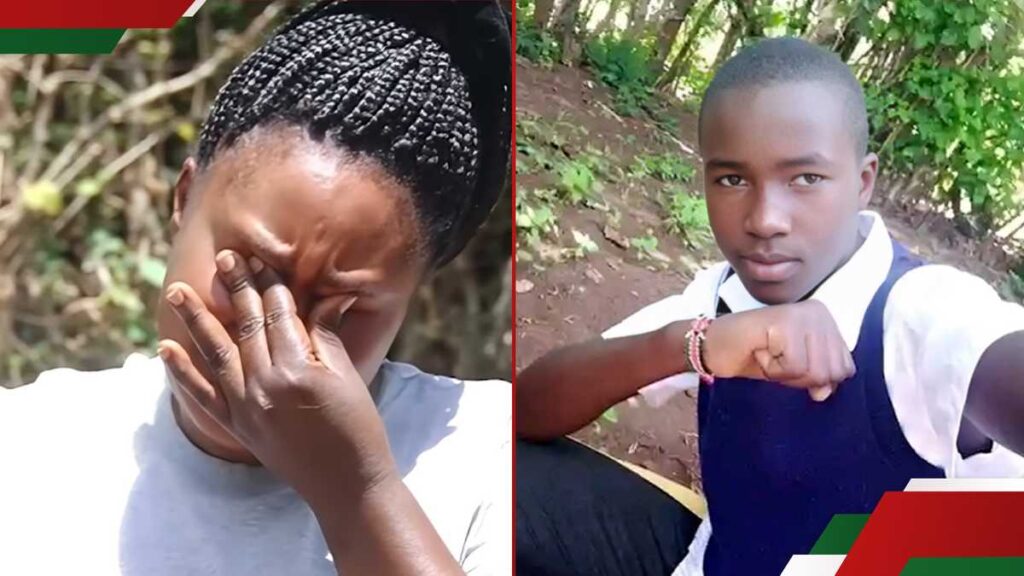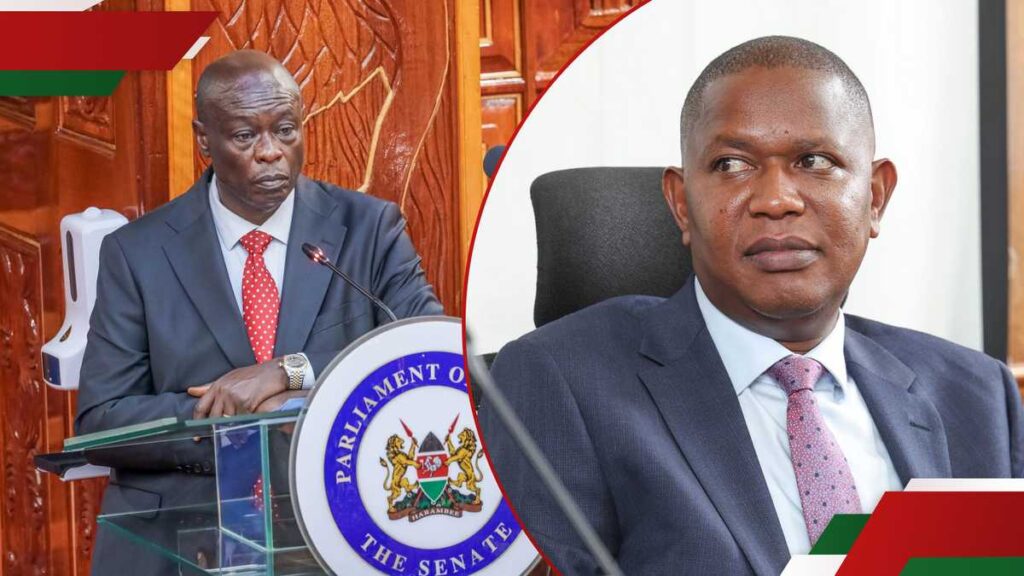Independent Electoral and Boundaries Commission (IEBC) nominee Moses Alutalala Mukhwana says Kenya’s electoral challenges stem more from ethnic-based voting patterns than from institutional failures within the commission.
“Kenyans do not trust themselves. The problem is not the IEBC. The biggest problem is that there is this perception that the bigger ethnic communities will gang up and then have it all,” said Mukhwana.
Appearing before the Justice and Legal Affairs Committee for vetting on Saturday, May 31, Mukhwana averred that the Commission’s shortcomings are largely a reflection of the political environment in which it operates, not structural flaws within the institution itself.
“The problem is not because the IEBC has an inherent problem, it is because the ecosystem within which the IEBC is operating is failing.”
To address electoral tensions and promote gender equity, he proposed the adoption of a party-list system, an electoral model where voters choose political parties rather than individual candidates. He argued such a system could help reduce identity-driven voting and support greater representation of marginalized groups.
“Why don’t we try the party listing system of elections, where we have an election system that provides that voters will vote on the basis of parties,” he posed.
Responding to questions about his previous ties to the now-defunct Amani National Congress (ANC) party, the nominee clarified that his involvement was professional, not political.
“My association with ANC has been a consultant part of my mentorship as a lawyer. I have been a lawyer for ANC in my professional capacity, I have not been an occupant in any political organ or governing organ of the party,” he explained.
Mukhwana, a seasoned legal practitioner, has been nominated to serve as a commissioner of the electoral agency.








